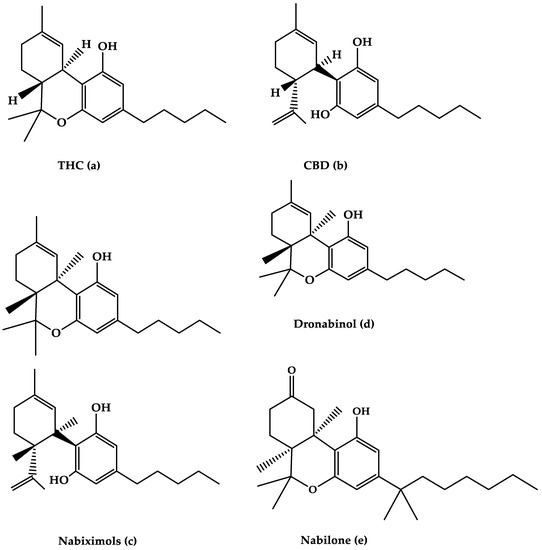
“Background: Patients diagnosed as having multiple sclerosis (MS) experience a wide range of symptoms requiring pharmacologic management, and many do not achieve adequate symptom control. The purpose of this study was to evaluate the role of medical cannabis (MC) as part of a comprehensive treatment plan for patients with MS.
Methods: A retrospective medical record review of 141 patients with MS receiving MC for symptom management was conducted. Data were collected for up to 4 follow-up appointments after initiation of MC. Outcomes included changes in MS symptoms, medication changes, adverse events, and changes in cognition and mobility.
Results: Patients experienced extensive MS symptom improvement after initiation of MC, with alleviation of pain (72% of patients) and spasticity (48% of patients) and improvement in sleep (40% of patients) the most common. There was a significant reduction in concomitant opioid use after initiating MC as evidenced by a significant decrease in daily morphine milligram equivalents among patients prescribed opioid analgesics (P = .01). Decreases in muscle relaxant use and benzodiazepine use did not reach significance (P > .05). The most common adverse reaction to MC was fatigue (11% of patients).
Conclusions: In many patients with MS, MC was well tolerated, eased pain and spasticity, improved sleep and other symptoms, and reduced use of concomitant opioid analgesics. Prospective studies are needed to further investigate the role of MC in the treatment of patients with MS.”









